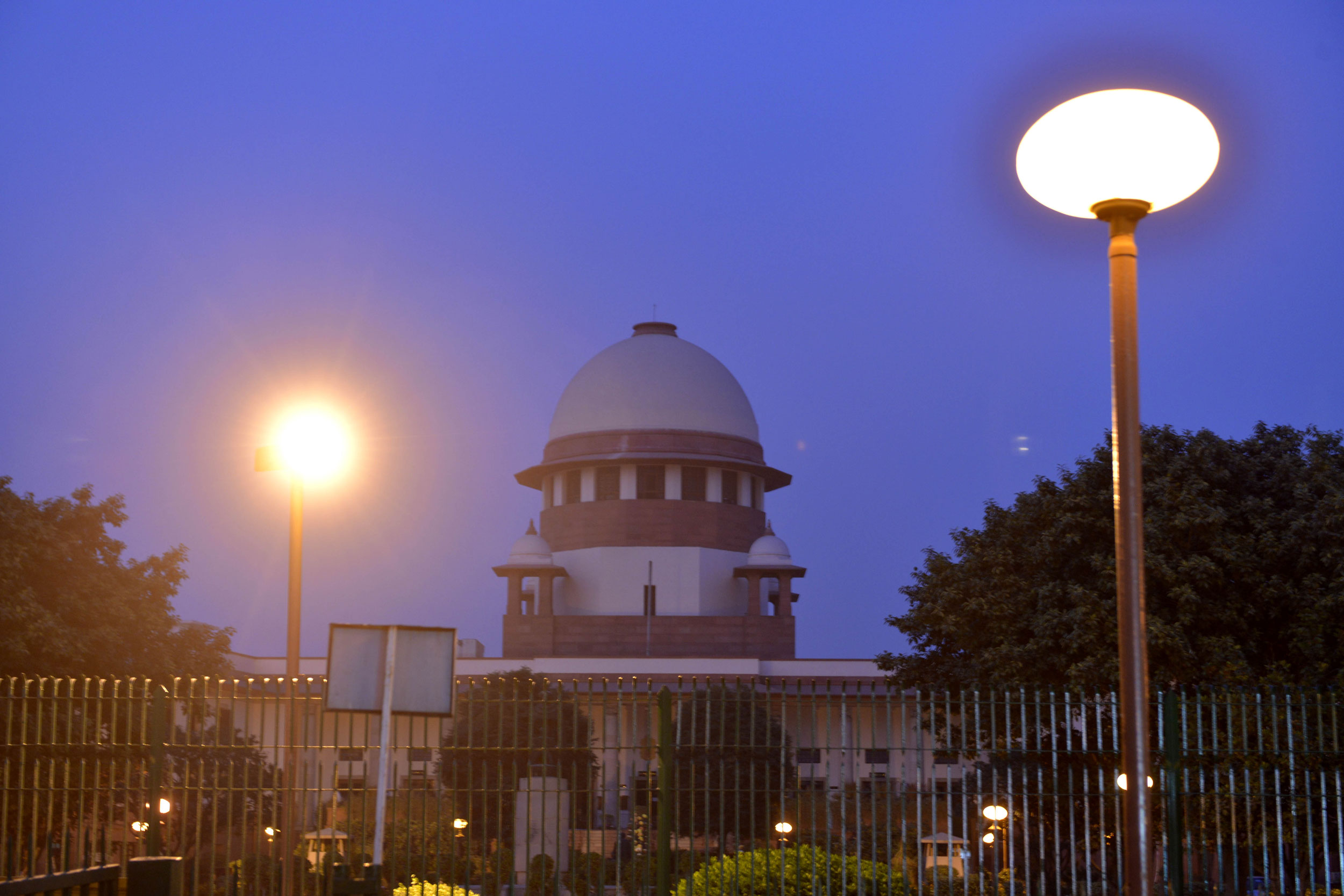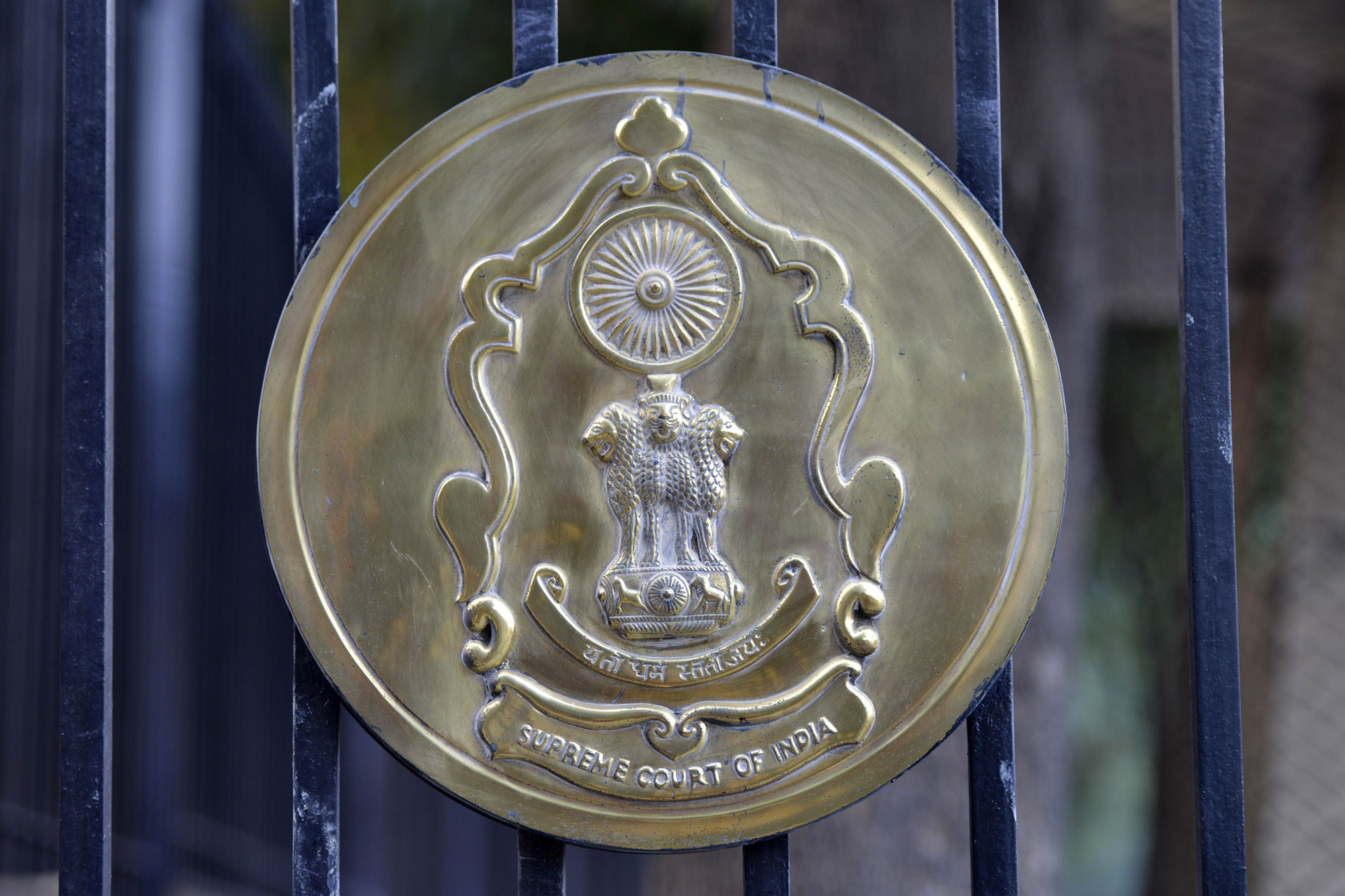The Supreme Court on Thursday said it might tweak its 2006 judgment on police reforms to ensure that governments don’t misuse the directive that had laid down a fixed two-year tenure for a state’s police chief, irrespective of the officer’s retirement age.
Chief Justice of India Ranjan Gogoi told attorney-general K.K. Venugopal and senior advocate Raju Ramachandran, who is assisting the court as amicus curiae, the bench might examine the plea that an officer must have a minimum period of service left to be eligible for appointment as director-general of police.
That would prevent states from appointing pliable officers as their police chief on the last day or a few days before their retirement.
The “residual period before retirement (of the officer to be elevated) should be minimum and for a reasonable time… maybe six months or so,” Justice Gogoi said while reserving the verdict on a contempt application.
Prakash Singh, a former police chief of Uttar Pradesh, had in his contempt application said various states had not implemented the court’s 2006 directives aimed at insulating the police machinery from extraneous influences.
Attorney-general Venugopal had informed the court that some states were appointing police chiefs on their last service day or a few days earlier, but did not specify the states.
In some cases, the court was told, officers have been appointed for nine months as ad hoc police chiefs and formally appointed as the DGP on the last day of their service, thus ensuring for them an additional two-year period of service.
Such motivated appointments were causing frustration among other deserving officers in the line of succession for elevation as police chief, Venugopal submitted.
Amicus curiae Ramachandran agreed with Venugopal and suggested that the court fix a norm that an officer could be appointed as the DGP only if he or she had at least six months left for retirement.
Advocate Prashant Bhushan, who appeared for former DGP Singh, said states were also violating some of the court’s other directives such as the one saying state governments must choose from a list of three most suitable officers empanelled by the Union Public Service Commission (UPSC).
The court had in 2006 passed a slew of directives — on a public interest plea Singh had filed — to insulate the police machinery in states from extraneous influences.
The police have to be committed “only to the rule of law”, the court had said, making it clear that the force must serve the people “without any regard, whatsoever, to the status and position of any person while investigating a crime or taking preventive measures”.
The court had further said a state has to select its police chief from among the three senior-most officers of the department who have been empanelled for promotion to that rank by the UPSC on the basis of their service record.
“And, once he has been selected for the job, he should have a minimum tenure of at least two years irrespective of his date of superannuation,” the court had said, adding the DGP could, however, be removed on disciplinary grounds, conviction in a criminal case or if “he is otherwise incapacitated from discharging his duties”.
Earlier this year, in January, the court had dismissed a plea from five states, including Bengal, that they be allowed to create their own selection system to appoint their police chief’s instead of following the 2006 directives.
Bengal and the other states — Punjab, Bihar, Kerala and Haryana — had moved separate applications for a modification of the orders passed in 2006 and 2018, saying they had evolved a selection mechanism to appoint the most suitable officers as their police chief.












